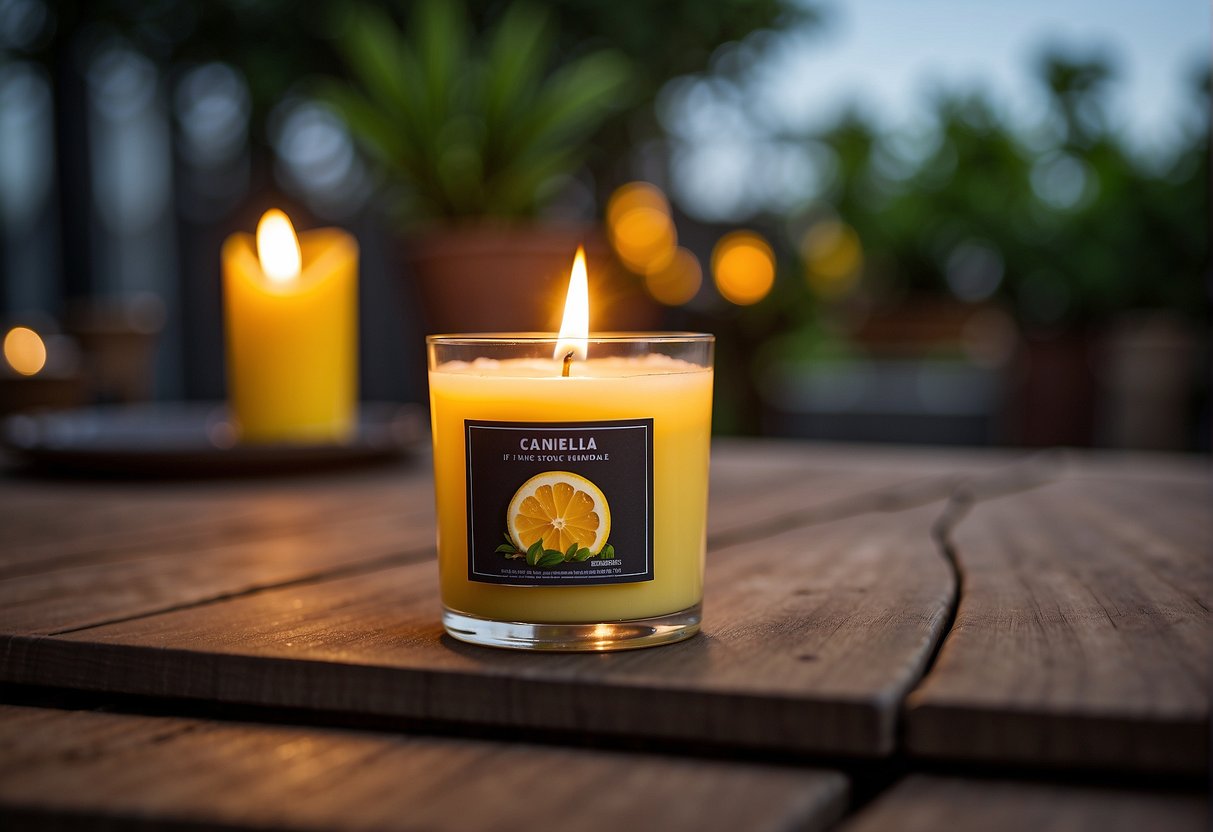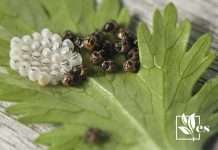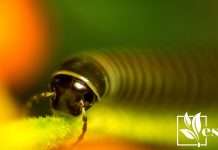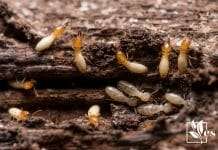As someone with a keen interest in maintaining a pleasant outdoor environment, I’ve researched extensively on how to repel mosquitoes effectively. Mosquitoes aren’t just a nuisance—they can also be carriers of diseases such as malaria, dengue, and Zika virus, making it crucial to understand how to keep them at bay. Over time, I’ve discovered that both natural and synthetic options have their places in mosquito management strategies.

Natural repellents have gained popularity for those looking for a way to avoid these pests without using chemicals. Essential oils derived from lemon eucalyptus, lavender, cinnamon, and thyme are among the most widely recognized natural repellents. These oils work by masking the scents that attract mosquitoes, essentially making us less visible to them. Meanwhile, synthetic repellents like DEET or picaridin offer a robust defense, recognized for their effectiveness and recommended by many public health organizations.
In my experience, achieving the best results often involves a combination of methods, tailored to the situation and environment. For example, while citronella candles and oil diffusers might provide temporary relief in small outdoor areas, applying a personal repellent lotion would typically offer better protection for individuals on the move. It’s also worth considering the introduction of plants that repel mosquitoes, such as certain types of eucalyptus or geraniums, which can serve as a long-term solution for your backyard.
This section provides a focused look at various mosquito repellents, detailing traditional methods, DEET-based products, and why many consider Picaridin as a superior alternative.
JUMP TO TOPIC
Comprehensive Guide to Mosquito Repellents
Historical Use of Natural Repellents
For centuries, I’ve learned that various cultures have made use of natural substances to ward off mosquitoes. They have relied on plant extracts and oils that are still recognized for their repellent properties. For instance, citronella, which comes from a type of grass, is widely used in candles and oils to deter mosquitoes with its distinctive smell.
Mosquito Repellents with DEET
Developed by the U.S. Army in 1946, DEET (diethyltoluamide) has long been the standard in mosquito repellent. Its effectiveness lies in its ability to interfere with mosquitoes’ sense of smell, effectively hiding the presence of a person from these pests. I know that repellents containing DEET are available in various concentrations, providing protection for different lengths of time.
Advantages of Picaridin Over DEET
Picaridin, introduced in the early 2000s, offers several benefits over DEET. It is odorless and less likely to irritate skin and damage clothing or gear. From my research, I understand that Picaridin can provide equal or longer-lasting protection against mosquitoes without the same greasy feel or strong smell associated with DEET-based repellents.
Efficacy of Plant-Based Mosquito Repellents
In my personal experience and according to research, certain plant-based compounds are effective for mosquito prevention, particularly when derived from lemon eucalyptus oil, citronella, and other essential oils.
Lemon Eucalyptus Oil as a Repellent
I’ve noticed that lemon eucalyptus oil is highly regarded for its mosquito repellent properties. This oil contains p-menthane-3,8-diol (PMD), a compound that has a proven track record in repelling mosquitoes. Studies suggest that repellents containing 30-40% PMD can provide protection similar to DEET-based products for up to several hours.
Citronella Candles and Their Effectiveness
Citronella is a well-known plant-based repellent. In my use, citronella candles can be effective in reducing mosquito landings in the immediate vicinity, but their overall ability to prevent bites can be limited due to their localized range. For optimal results, multiple candles in a small area are often necessary. A study highlighted that citronella can reduce mosquito bites, albeit less consistently than synthetic repellents.
Role of Essential Oils in Mosquito Prevention
In my experience, a variety of essential oils derived from plants like lavender, peppermint, and thyme offer mosquito-repellent properties. These oils often need to be applied more frequently than synthetic repellents to maintain their efficacy. However, they can be a natural alternative for people looking to avoid chemicals in repellents and are an integral part of plant-based mosquito prevention strategies.
Safety and Environmental Considerations
When it comes to mosquito repellents, it’s critical for me to consider both safety and environmental impact. This includes understanding toxicity levels and ensuring the products I use are EPA-registered for both personal protection and environmental sustainability.
Assessing the Toxicity of Repellents
In my assessment of mosquito repellents, toxicity is a key concern. Safety for humans and pets is paramount, and non-toxic options are highly preferable, especially for those with sensitive skin or health concerns. I always check the active ingredients in repellents, as some may pose risks if misused. For instance, DEET is effective but should be applied carefully, particularly on children. Permethrin is another potent chemical that can be safely used to treat clothing but is not intended for direct application on the skin.
Natural repellents like oil of lemon eucalyptus can be effective alternatives if I’m seeking a more eco-friendly and less toxic option.
EPA Registration and What It Means for Consumers
When I select a repellent, I make sure it is registered with the Environmental Protection Agency (EPA). The EPA’s registration signifies that the product has been evaluated for efficacy and safety when used as directed. This assures me that, as a consumer, my health and the environment are being taken into consideration. For a product to earn this registration, companies must provide a range of data, including studies on toxicological, ecological, and chemical properties.
💥 Important: EPA-registered does not mean hazard-free. I still need to follow the label instructions meticulously to mitigate risks.
Repellents with this certification give me confidence in their claims, allowing me touse them responsibly without undue harm to the environment. I always recommend verifying that repellents are EPA-approved before making a purchase.











